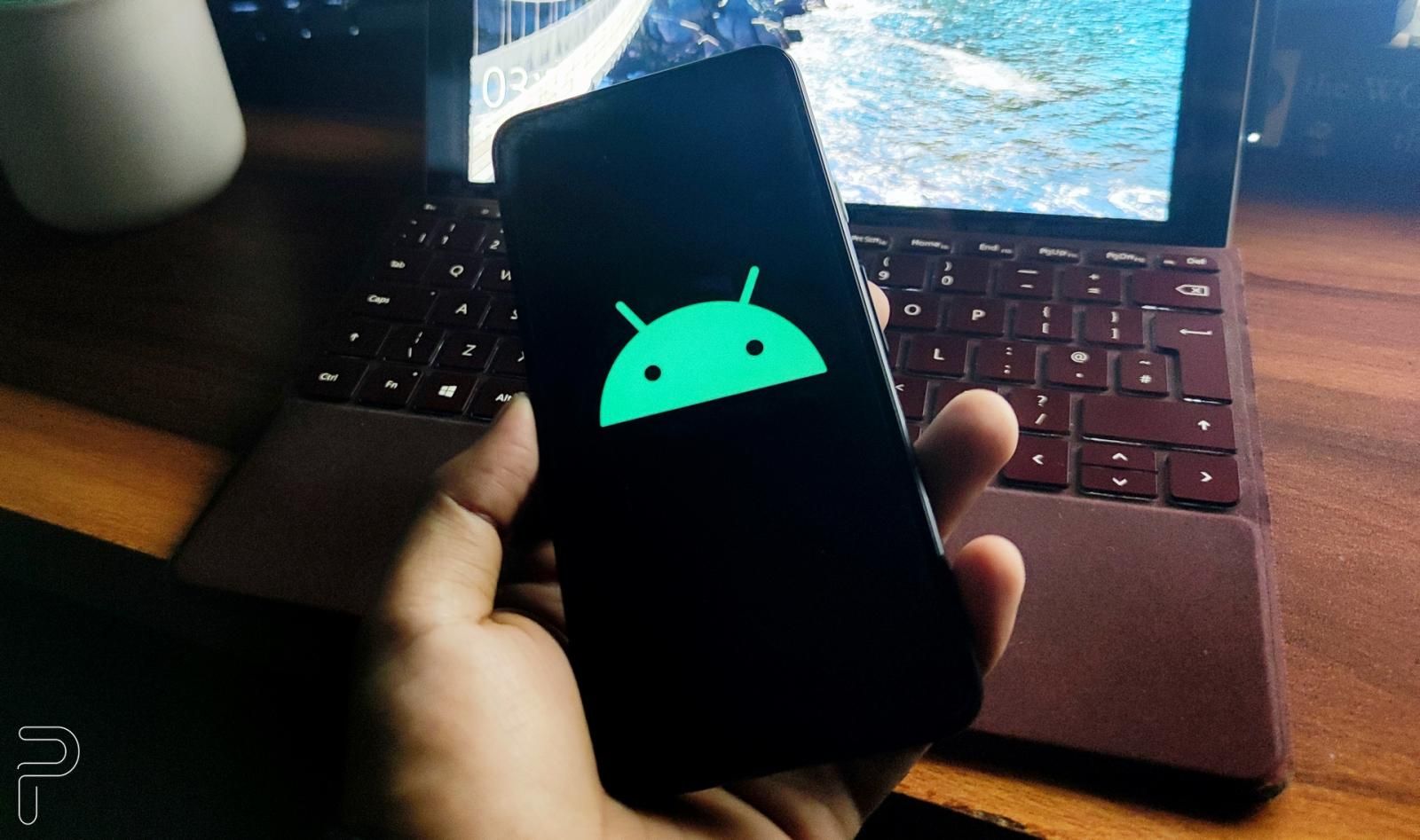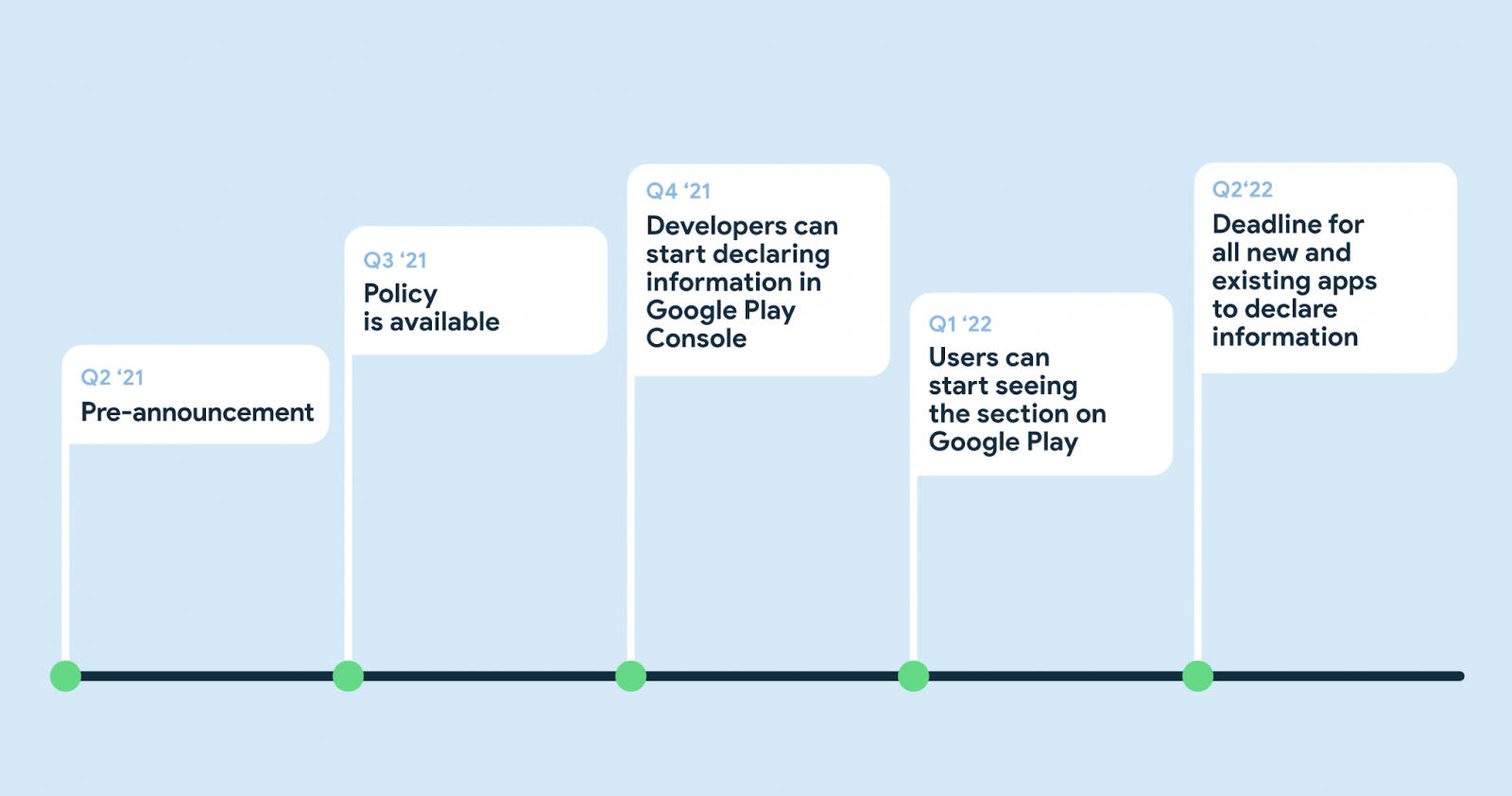Apple made waves a few months ago when it announced that all apps listed on the App Store will now reveal details about their data collection practices via so-called ‘nutrition label’ for each listing. Now, Google is following in the footsteps of Apple and is implementing a similar policy for all apps listed on Play Store. Notably, the policy will be enforced for both third-party as well as Google’s own apps.
Users will start seeing a safety section on the Play Store starting Q1 2022
Google says the Play Store will soon have a safety section that will tell people how an app collects data, how it is shared, and if their data is encrypted for security purpose. Essentially, Google is covering the privacy and secruity aspect of each app, and aims to present that in a form that users can easily understand, giving a huge boost to transparency.
In fact, Google has laid down five basic points that should be covered when a developer discloses the data collection and transparency behavior of their app. Developers have to confirm whether:
2. The app follows our Families policy
3. The app needs this data to function or if users have choice in sharing it
4. The app’s safety section is verified by an independent third-party
5. The app enables users to request data deletion, if they decide to uninstall
Additionally, developers will also have to share what type of data they collect and store, which can include identifiable details (such as name, email, address, location), audio, photos, videos, or any other type of file from the storage. Moreover, they will be asked to explain what role the collected data plays when it comes to the core app functionality. Google notes that developers who reveal inaccurate information will have punitive action taken against them and their apps.
Google says that the detailed policy guidelines will be shared with developers in the third quarter of 2021, and starting with the first quarter of 2022, users will start seeing the new safety section. And finally, beginning with the second quarter next year, it will be mandatory for all apps to furnish the requisite information. Google has also reportedly been working on its own app privacy framework update that will restrict data collection and cross-app user activity tracking to a certain extent, taking a leaf out of Apple’s own anti-tracking measure that rolled out with iOS 14.5 recently.


